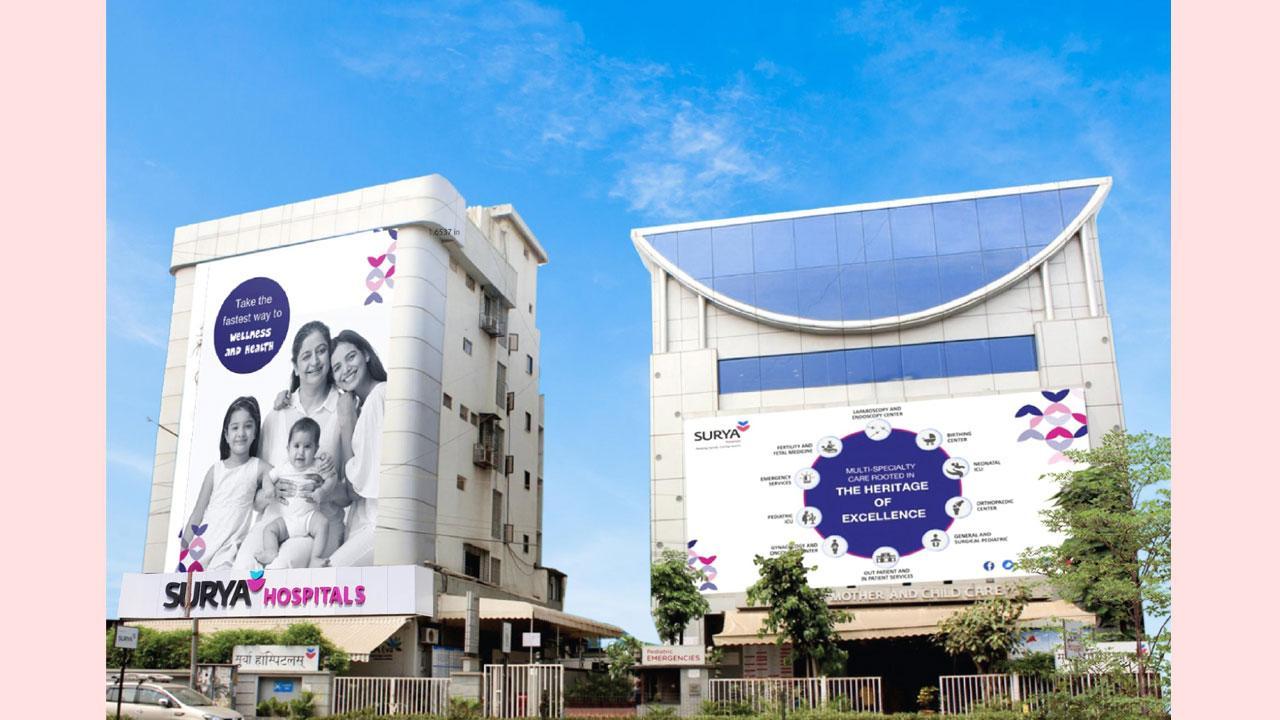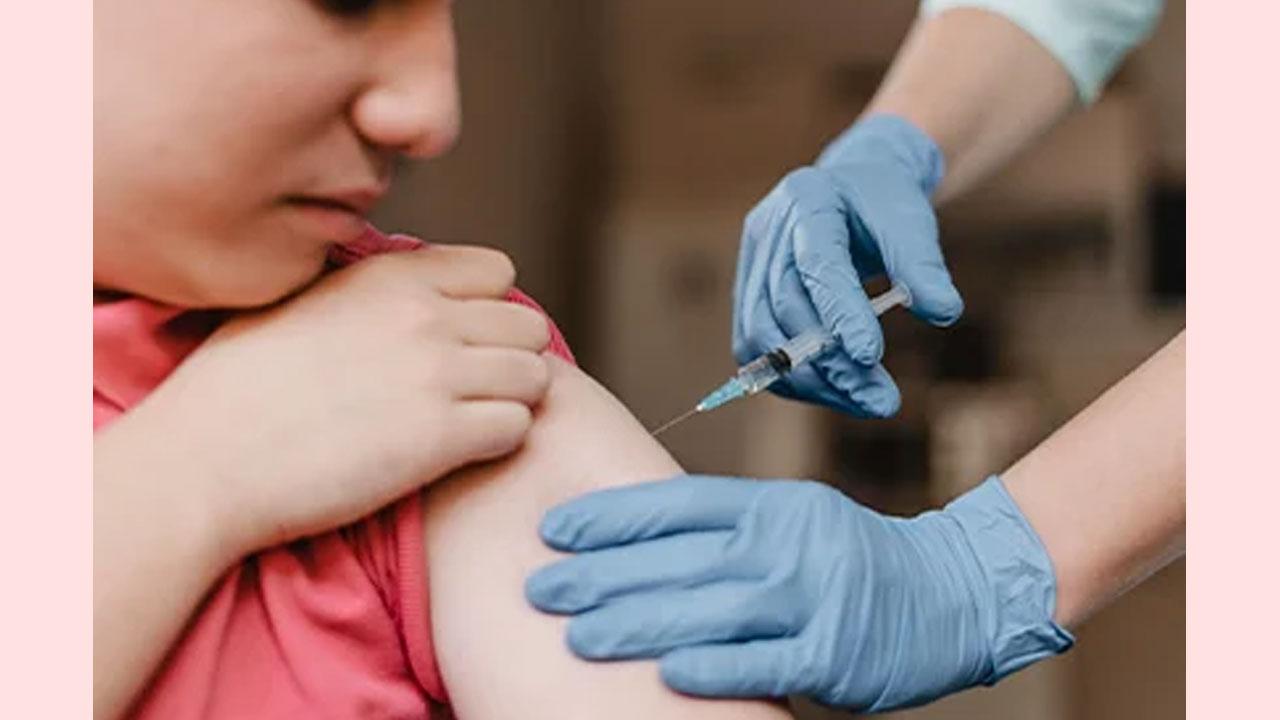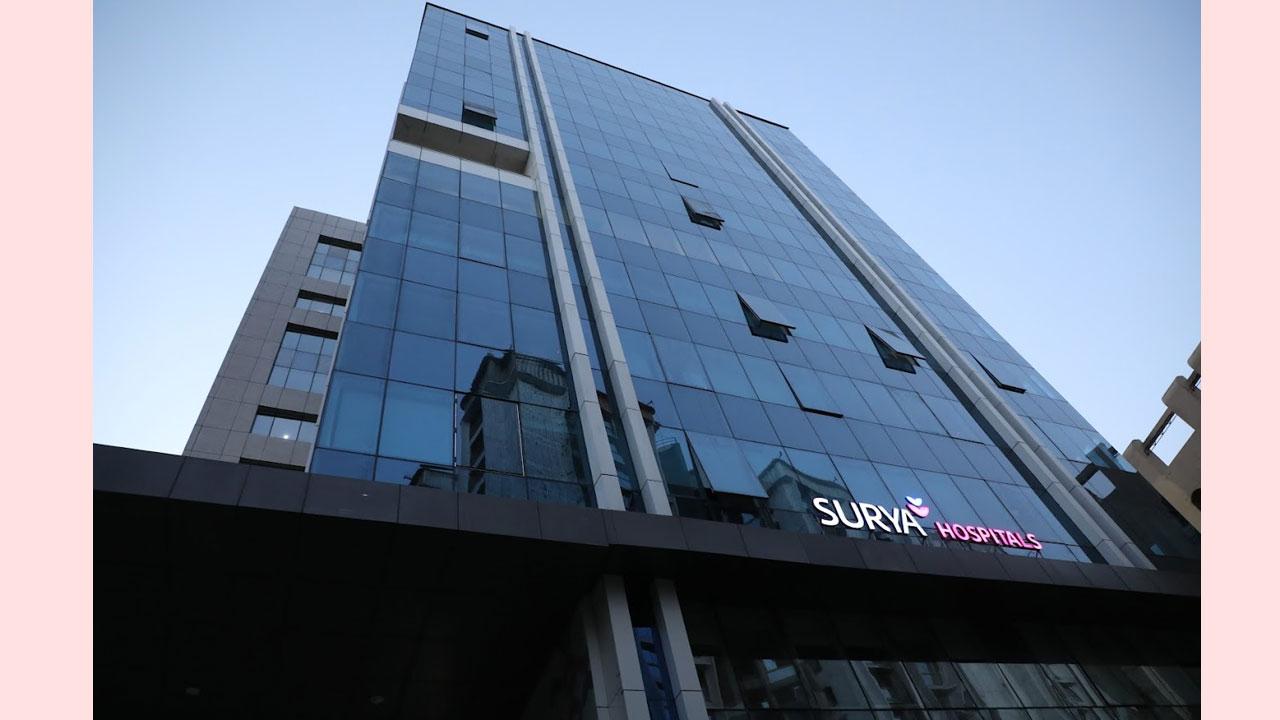Vaccines are crucial in preventing various diseases, and one vaccine that has made a significant impact on public health is the chickenpox vaccine.

Surya Hospitals (Santacurz)
Chickenpox, caused by the varicella-zoster virus, can be particularly dangerous for young children. The chickenpox vaccine, which is weakened but still active, helps prevent this contagious illness.
ADVERTISEMENT
The chickenpox vaccine stands as a significant milestone in preventive medicine, offering protection against the varicella-zoster virus. This live attenuated vaccine primes the immune system without causing illness, proving instrumental in reducing the incidence and severity of chickenpox. Administered in two doses, the first typically between 12 and 15 months and the second between 4 and 6 years, the vaccine not only shields individuals from complications but also curtails the spread of the virus within communities.
When to Get the Chickenpox Vaccine:
- First Dose: Doctors recommend giving the first chickenpox vaccine dose between 12 and 15 months of age. This is when babies and toddlers are most at risk of getting very sick from chickenpox. Getting vaccinated early can make the disease less severe and lower the chances of having complications.
- Second Dose: The second dose is given between 4 and 6 years of age. This dose acts as a booster, making the immune system stronger and helping it fight off the virus better. By vaccinating at these specific times, doctors aim to give long-lasting protection from chickenpox.

This age specific vaccination strategy not only shields individual recipients from potential complications of chickenpox but also contributes to the broader goal of community immunity. By vaccinating children in their formative years, the spread of the varicella zoster virus is curtailed, preventing outbreaks and protecting those who may be more susceptible to serving consequences of the disease.
Importance of Early Vaccination
- Reducing Disease Severity: Infants and young children are more susceptible to complications such as pneumonia and bacterial infection if the contract chickenpox. By vaccinating early, these serious complications can be prevented.
- Preventing Outbreaks: Vaccinating children in the recommended timeframe helps prevent outbreaks of chickenpox in schools and communities. Since chickenpox is highly contagious, unvaccinated individuals can easily spread the virus to others. Timely vaccination breaks the chain of transmission and contributes to community immunity.
- Protecting Vulnerable Populations: Some individuals such as pregnant women and individuals with weakened immune systems, are at a higher risk of severe complications from chickenpox. By vaccinating children early, indirectly protect these vulnerable population by reducing the overall prevalence of the virus in the community.

Surya Hospitals (Chembur)
Chickenpox Vaccine: Vaccine Schedule and Boosters
- Vaccine Schedule: The standard schedule for chickenpox vaccination involves two doses, as mentioned earlier. The first dose provides primary protection, while the second dose acts as a booster, ensuring a robust and sustained immune response.
- Booster Shots: While the two-dose schedule is effective in providing long-lasting immunity for the majority of individuals, booster shots may be recommended in certain situations. Adolescents and adults who have not been previously vaccinated may receive the two-dose series, and catch-up vaccination is often available for those who missed the recommended childhood doses.
Effectiveness and Safety
- Vaccine effectiveness: The chickenpox vaccine has demonstrated high effectiveness in preventing the onset and severity of chickenpox. Studies consistently indicate that vaccinated individuals who do contract the virus experience milder cases with fewer skin lesions and a shorter duration of illness compared to their unvaccinated counterparts.
- Safety: Common side effects are generally mild and include soreness at the injection site and a mild rash. Serious side effects are rare, emphasizing the vaccine's overall safety. The benefits of vaccination, including the prevention of the disease and its potential complications, far outweigh the minimal risks associated with the vaccine.
Conclusion
In conclusion, the chickenpox vaccine is a valuable in preventing the spread and impact of chickenpox, a highly contagious and potentially severe disease. Administering the first dose between 12 and 15 months and the second dose between 4 and 6 years provides optimal protection during childhood and beyond. Early vaccination not only protects the vaccinated individuals but also contributes to community immunity, reducing the overall burden of chickenpox and its associated complications. Understanding the recommended age for chickenpox vaccination and following the established vaccine schedule is crucial for ensuring the health and well-being of individuals and communities.
For more details contact:
Surya Hospitals
101, Mangal Ashirwad, 102, Swami Vivekananda Rd, Santacruz, Mumbai, Hasmukh Nagar, W, Mumbai, Maharashtra 400054
Shrikant Chambers - C, II, VN Purav Marg, beside R.K Studio, Union Park, Chembur, Mumbai, Maharashtra 400071
Call: 08828828100
Webiste: www.suryahospitals.com
Facebook: Surya Hospitals
Instagram: @suryahospitals
 Subscribe today by clicking the link and stay updated with the latest news!" Click here!
Subscribe today by clicking the link and stay updated with the latest news!" Click here!







